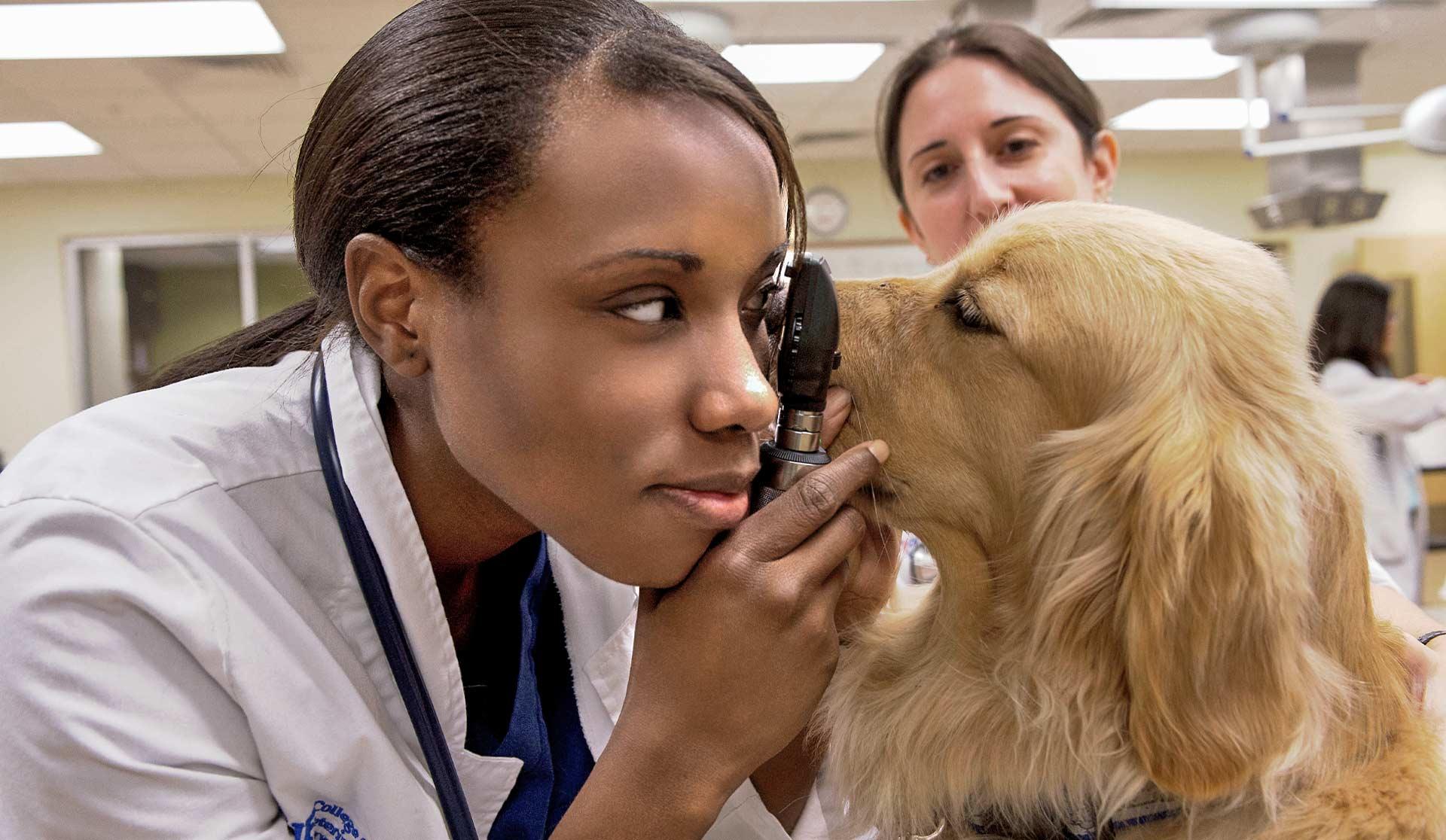Why Visiting a Veterinarian Enterprise Can Guarantee the Long-Term Health of Your Pet
Why Visiting a Veterinarian Enterprise Can Guarantee the Long-Term Health of Your Pet
Blog Article
Inoculation Standards From Your Relied On Vet
Inoculation guidelines offered by your relied on veterinarian play a critical function in guarding your animal's wellness and well-being. Core vaccinations are basic for all animals, while non-core injections can be tailored to particular way of livings and ecological exposures. Understanding the subtleties of inoculation schedules, which begin as very early as 6 to eight weeks, is crucial for optimal security. Furthermore, dealing with typical misunderstandings bordering vaccines can additionally improve animal proprietors' confidence in these precautionary steps. As we discover these essential facets, it becomes increasingly clear why regular examinations with your veterinarian are important for informed decision-making.

Importance of Vaccinations
Inoculations play an essential role in securing animals versus a variety of avoidable diseases. By promoting the body immune system to acknowledge and combat certain pathogens, injections dramatically decrease the incidence of infectious illness that can impact an animal's health and wellness and longevity. Not only do inoculations secure specific animals, but they also contribute to herd immunity, consequently lowering the total occurrence of conditions in the animal populace.
Timely inoculations assist to alleviate the spread of illness such as rabies, parvovirus, and distemper, which can have serious consequences for both pets and humans. Vaccinations are typically a need for boarding centers, brushing solutions, and canine parks, making them vital for those that wish to socialize their animals.

Core Injections for Pets
While the certain inoculation demands of pet dogs can differ based on individual elements, core vaccinations are widely recommended to safeguard versus the most serious and common illness (Pet Vaccinations). Core vaccines are those deemed essential for all family pets, no matter their way of life or geographic place, as they protect versus highly contagious and potentially fatal illnesses
For pet dogs, the core injections consist of those for canine distemper, parvovirus, adenovirus (liver disease), and rabies. Adenovirus can result in liver disease, while rabies is a zoonotic disease that postures a risk to both pets and people.
In felines, core vaccinations incorporate feline panleukopenia, feline calicivirus, feline herpesvirus (rhinotracheitis), and rabies. Feline panleukopenia is an extremely infectious viral disease that impacts the body immune system and intestines. Calicivirus and herpesvirus are significant factors to upper breathing infections in cats, while rabies remains a vital worry for public health.
Seek advice from your vet to guarantee your pets receive their core inoculations on timetable.
Non-Core Vaccines Explained
Non-core injections are customized to deal with certain threats related to a pet dog's setting, direct exposure, and way of living to certain conditions. Unlike core injections, which are widely suggested for all animals, non-core vaccinations are taken into consideration based upon individual circumstances. These injections are specifically crucial for animals that might encounter distinct pathogens as a result of their geographical location, travel behaviors, or activities.
Instances of non-core injections consist of those for Bordetella bronchiseptica, which is linked to kennel cough, and Lyme condition, created by ticks. Family pets that often communicate with other pets, such as those in boarding facilities, pet parks, or grooming environments, might take advantage of Bordetella inoculation. If you live in a location where Lyme illness is common, immunizing against this condition can be a prudent option for outdoor-loving pets.
Various other non-core vaccinations may include those for leptospirosis, canine flu, and feline leukemia, depending on the details risk aspects existing. It is important to have an extensive discussion with your veterinarian regarding your pet dog's way of living and the prospective demand for these vaccines, guaranteeing a tailored inoculation approach that ideal protects your hairy good friend.
Inoculation Schedule Overview

As animals grow, it is essential to follow the advised here are the findings booster inoculations. Emergency Vet. For grown-up pets, core vaccinations are generally given each to 3 years, relying on the details injection and local policies. Non-core injections may be advised based upon lifestyle factors and regional disease prevalence, requiring a customized method
Normal vet examinations are crucial for updating vaccination schedules. Your veterinarian can give guidance on the most appropriate immunizations for your pet, considering age, wellness standing, and ecological dangers. By staying aggressive and informed, pet proprietors can guarantee their fuzzy companions receive reliable and timely vaccinations, thus protecting their health and health throughout their lives.
Common Myths About Vaccines
Mistaken beliefs regarding animal vaccinations can bring about complication and hesitation among pet owners regarding the booster shot process. One prevalent myth is that vaccinations are unnecessary for indoor pets. While it's real that interior animals encounter lower risks, they are not totally immune to illness, as pathogens can be presented through different ways, consisting of human clothes and other pet dogs.
An additional misconception is that vaccinations can trigger the conditions they aim to avoid. Actually, the majority of injections have inactivated or undermined microorganisms, which can not cause illness in healthy and balanced animals. Some pet proprietors also believe that their pet dogs ought to not be immunized if they are already healthy and balanced; however, inoculations are a proactive measure that helps avoid the beginning of illness.
Furthermore, lots of animal proprietors are afraid that injections will certainly lead to long-lasting wellness issues. While side effects can happen, they are usually moderate and temporary. The benefits of vaccination-- securing pet dogs from possibly lethal conditions-- far outweigh the risks. Comprehending these usual misconceptions is crucial for accountable family pet ownership and guaranteeing the health and wellness and security of your hairy friends. Always consult your veterinarian for accurate info tailored to your pet dog's details demands.
Conclusion
In look at here summary, adherence to vaccination standards is critical for making certain the health and longevity of pets. Core vaccinations give necessary defense versus severe illness, while non-core vaccines address details threats based upon private lifestyles. Developing an extensive vaccination timetable, combined with routine veterinary check-ups, helps with optimal wellness administration. Dispelling common misconceptions surrounding inoculations additionally strengthens the value of informed decision-making in pet treatment. Eventually, a proactive approach to vaccinations is vital for keeping animal well-being.
Not only do vaccinations secure specific animals, yet they likewise add to herd resistance, therefore minimizing the overall occurrence of conditions in the pet populace.
Mistaken beliefs about animal inoculations can lead to complication and reluctance amongst pet owners pertaining to the booster shot procedure. While it's true that indoor family pets face lower risks, they are not entirely immune to diseases, as pathogens can be presented via various ways, consisting of human clothing and various other family pets.
Some pet dog proprietors also believe that their pet dogs should not be vaccinated if they are already healthy; nevertheless, inoculations are a proactive step that assists stop the beginning of ailment.
The benefits of vaccination-- securing family pets from possibly life-threatening illness-- much exceed the dangers.
Report this page